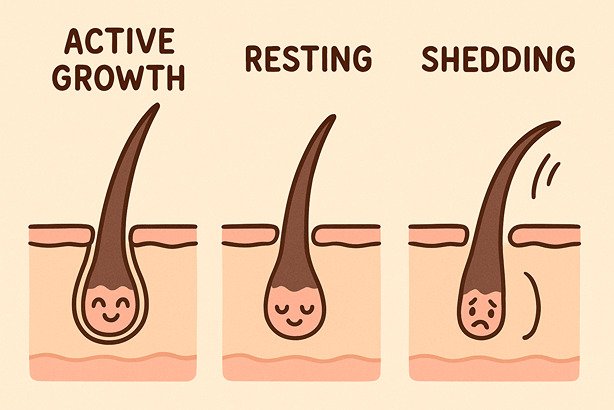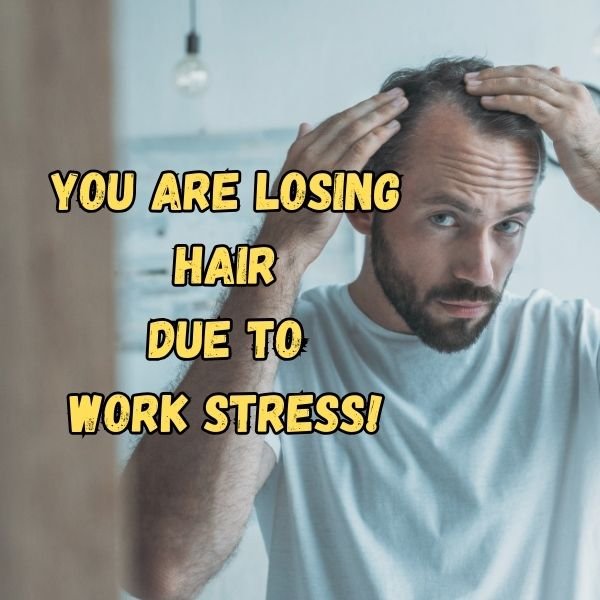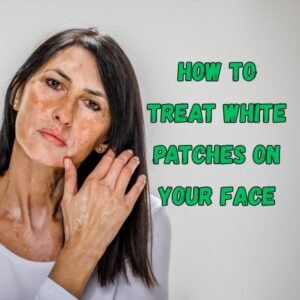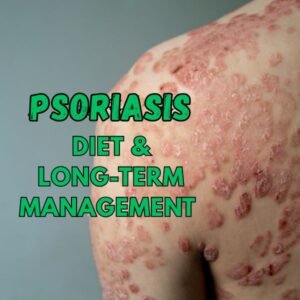Work deadlines, long hours at the desk, endless Zoom calls – office life can be stressful. While stress affects your mood, sleep, and energy, many people don’t realize that it also shows up on the scalp. If you have been noticing more hair strands on your pillow, bathroom floor, or office chair, stress might be the hidden reason.
Let’s discover how stress and hair loss are connected, why office stress plays a big role, and what you can do to prevent it – straight from a dermatologist’s perspective.
Understanding the Link Between Stress and Hair Loss

Hair grows in cycles – active growth, resting, and shedding. Although not definitely proven in humans, animal studies have noticed long hours under artificial office lights and irregular sleep schedules can disturb the body’s natural circadian rhythm, thereby slowing down the hair’s active growth phase (anagen), making hair weaker over time and increasing the risk of hair loss.1
Here are three common types of stress-related hair loss:
- Telogen Effluvium – This is the most common type. After a stressful period, you may notice sudden, diffuse shedding all over the scalp. It usually appears 2–3 months after a stressful event.
- Alopecia Areata – Stress can trigger the immune system to attack hair follicles, leading to sudden round bald patches. In addition, sleep disorder may be an independent risk factor for alopecia areata according to a large scale restrospective study conducted on Korean population.2
- Trichotillomania – Some people cope with stress by pulling out their own hair unconsciously.
The main culprit here is cortisol, the stress hormone. High cortisol levels affect the hair growth cycle, reduce scalp blood flow, and can even accelerate degradation of important structural and functional components of hair3 – all of which contribute to hair thinning and loss.
Why Office Stress is a Major Trigger
Office environments are a breeding ground for stress with common factors like:
- Long working hours with little rest.
- Tight deadlines and high performance pressure.
- Sedentary lifestyle – sitting all day, less physical movement.
- Poor sleep due to late-night work or irregular schedules.
- Nutritional neglect – skipping meals, relying on fast food, or excessive caffeine.
- Emotional burnout from multitasking and lack of work-life balance.
All these stressors combine and create the perfect storm for hair fall.
Signs That Your Hair Loss is Stress-Related
Not all hair loss is due to stress – genetics, hormones, and medical conditions also play a role. But here are clues that stress may be behind your problem:
- You notice sudden, widespread shedding after a high-pressure project or exam season.
- Your hair feels thinner overall, not just in one spot.
- Hair fall increases during stressful times but improves during vacations or low-pressure phases.
- No family history of baldness, yet noticeable hair thinning.
Dermatologist’s Guide to Prevention of Stress Related Hair Fall
The good news? Stress-related hair loss is often reversible with the right approach. Here are dermatologist-approved strategies:
A. Lifestyle & Stress Management
- Prioritize Sleep: Aim for 7–8 hours of quality sleep daily. This helps to lower the cortisol levels and may help repair the hair damage.
- Relaxation Practices: Yoga, meditation, or deep breathing also reduce cortisol levels. Even 10 minutes daily can help.
- Exercise: A brisk walk or light workout improves blood circulation, including to the scalp.
- Nutrition: Eat a balanced diet rich in protein (eggs, pulses, lean meat), iron (green vegetables, nuts), zinc, and omega-3 fatty acids (fish, flaxseeds).
B. Office-Friendly Hair Care Tips
- Wash hair regularly with a mild shampoo to keep scalp clean.
- Avoid harsh chemical treatments, excessive coloring, or tight hairstyles.
- Limit heat styling tools like straighteners or blow dryers.
- Try a gentle scalp massage once or twice a week – it relieves tension and boosts blood circulation.
Medical & Professional Help
If hair loss is significant, a dermatologist may recommend:
- Topical treatments like Minoxidil to stimulate hair growth.
- Nutritional supplements (biotin, iron, vitamin D, amino acids) if deficiencies are detected.
- PRP therapy (Platelet-Rich Plasma) to strengthen follicles.
- Counseling or therapy if stress is severe and affecting overall well-being.
Quick Stress-Busting Tips You Can Do at Work
Even if your schedule is packed, you can still sneak in small stress relievers:
- 5-Minute Desk Stretching – loosen neck and shoulder tension.
- Hydration Reminder – drink a glass of water every hour.
- Digital Detox Break – close your eyes, take 10 deep breaths, and stay away from screens for a few minutes.
- Mindful Lunch – avoid working while eating. Slow down and focus on your meal.
When to Seek Professional Treatment
Mild shedding can improve with self-care, but see a dermatologist if:
- Hair fall continues for more than 3–6 months.
- You notice visible scalp thinning or bald patches.
- Hair fall is accompanied by itching, scaling, or pain.
- You feel emotionally distressed or anxious about your hair loss.
Early intervention often means faster and more complete recovery.
Conclusion
Stress and hair loss are closely connected, and modern office life makes the problem more common than ever. The good news is that stress-related hair loss can usually be reversed with proper care, stress management, and medical help when needed.
Remember: Your hair is often a mirror of your lifestyle. By balancing work stress, eating right, and seeking timely dermatologist advice, you can protect your hair and overall health.
If you’re struggling with office stress and hair fall, don’t ignore it – consult a dermatologist early to prevent long-term damage.
Frequently Asked Questions
Q. Can office stress really cause hair loss?
A. Yes. Chronic work-related stress increases the hormone cortisol, which disrupts the natural hair growth cycle. This can push hair into the shedding phase earlier than normal, leading to noticeable hair fall.
Q. Will my hair grow back once stress is reduced?
A. In most cases, yes. Stress-related hair loss such as Telogen Effluvium is usually temporary. Once stress is managed and lifestyle improves, hair growth often returns to normal within 3–6 months.
Q. How do I know if my hair loss is due to stress and not something else?
A. If your hair fall started after a stressful period (deadlines, exams, personal pressure) and is diffuse (all over the scalp, not patchy), stress is likely a trigger. A dermatologist can confirm the exact cause.
Q. Does lack of sleep from late-night work affect hair growth?
A. Although not conclusive in humans, poor sleep may disrupt the circadian rhythm, slowing the anagen (growth) phase of hair according to some animal studies. Over time, this weakens hair follicles and increases the risk of hair loss.
Q. What quick steps can I take at the office to reduce stress-related hair fall?
A.
- Take short breaks to stretch and relax.
- Stay hydrated throughout the day.
- Avoid skipping meals and eat protein-rich snacks.
- Practice deep breathing exercises at your desk.
Q. When should I see a dermatologist?
A. If hair fall lasts longer than 3–6 months, if you notice bald patches, or if you feel emotionally distressed by your hair loss, consult a dermatologist for timely treatment.





